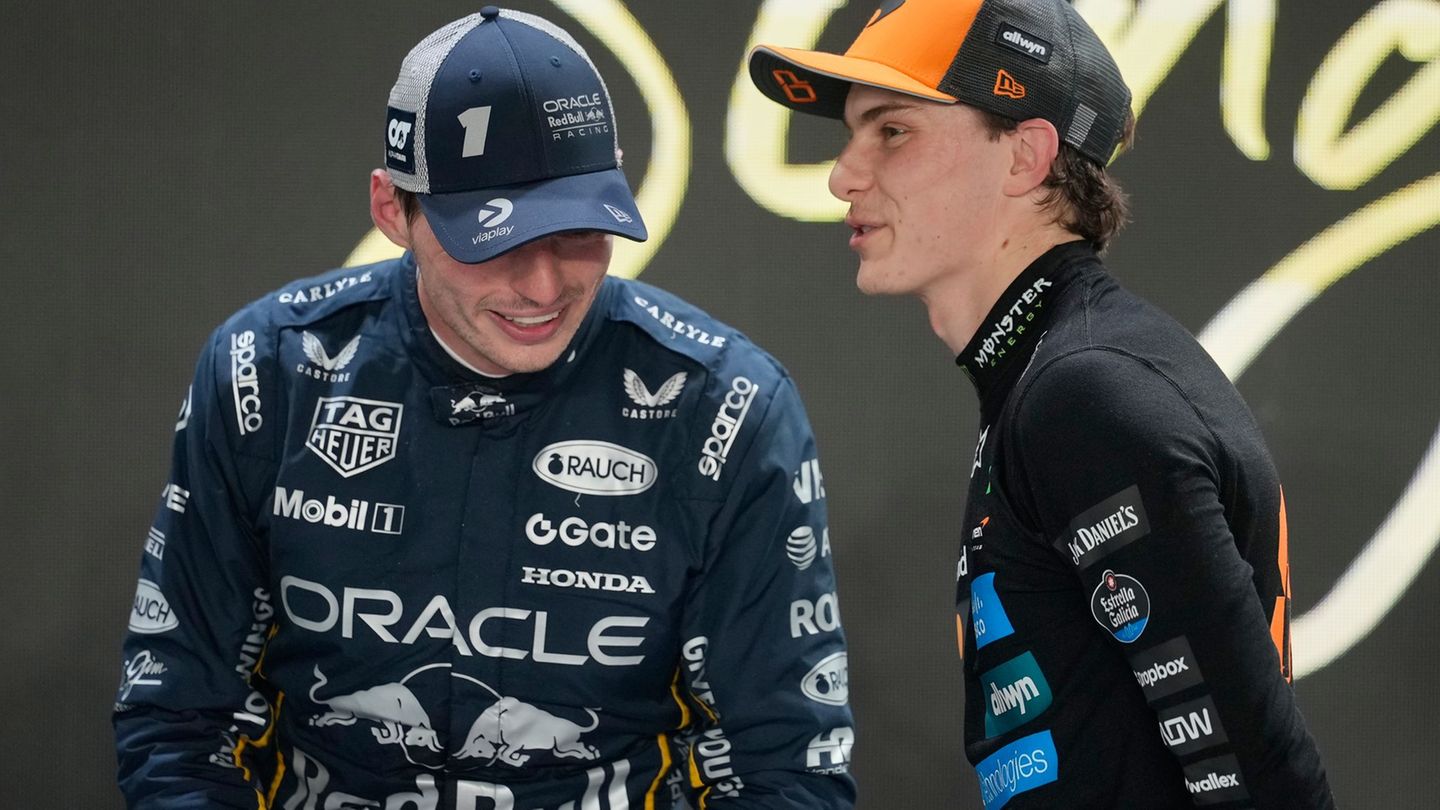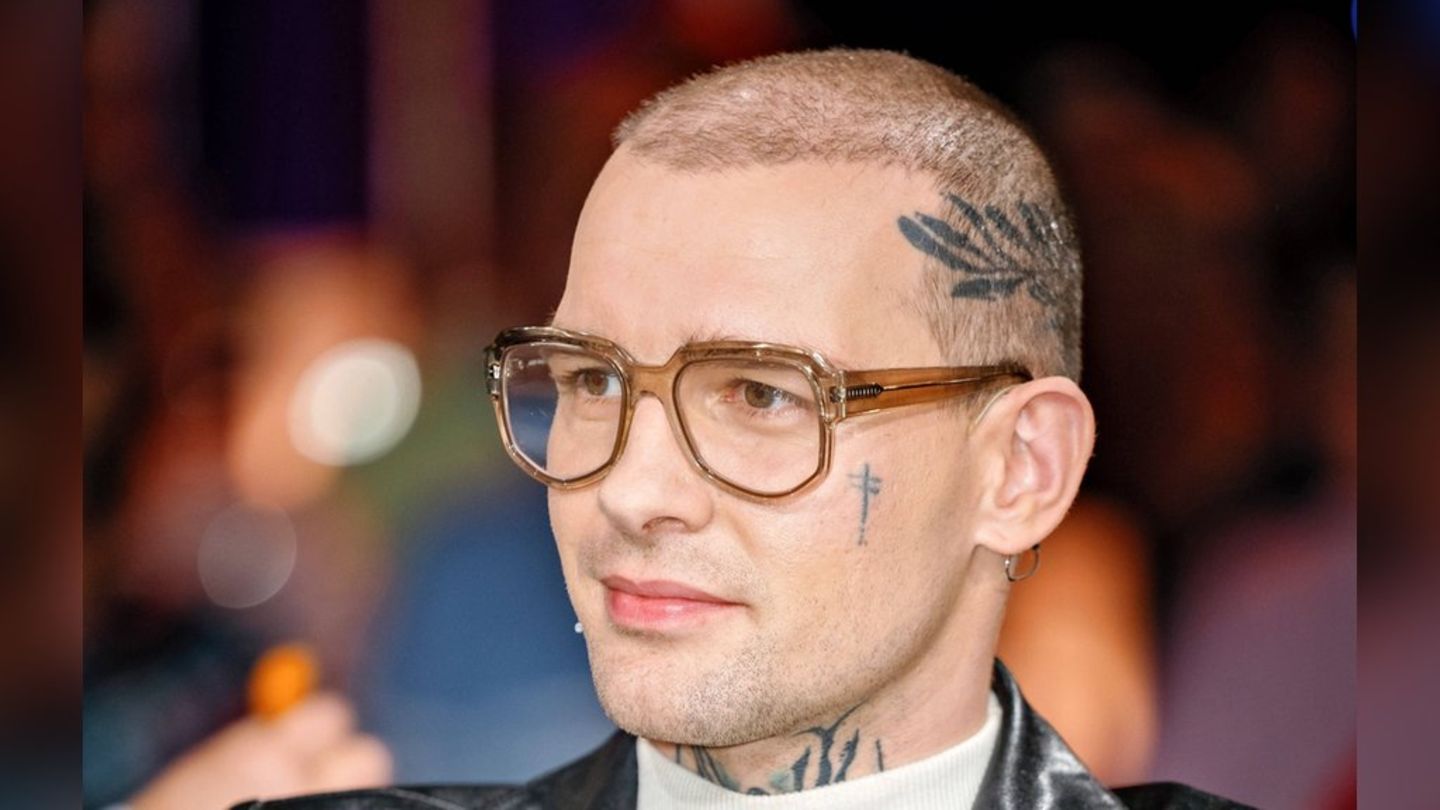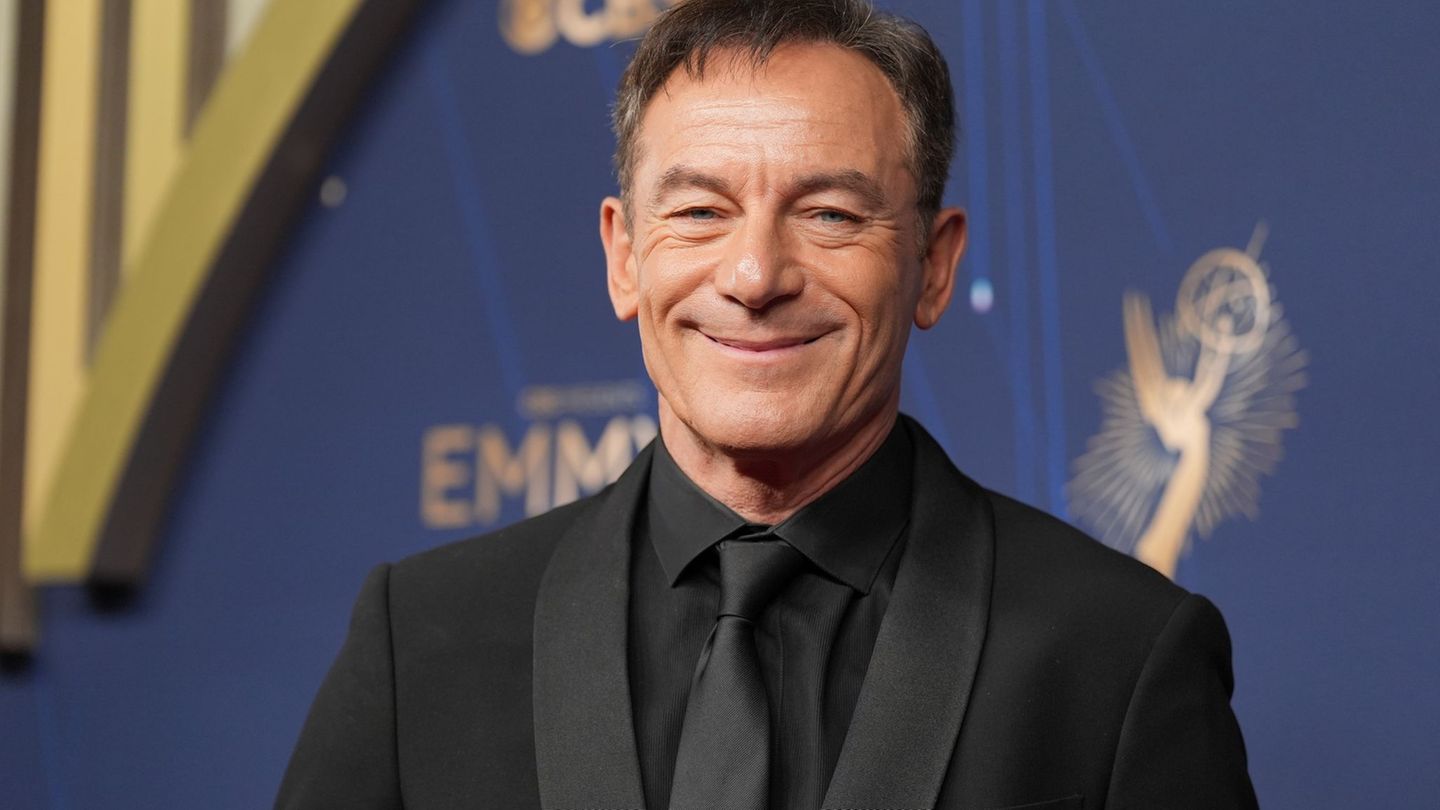Months before arriving at the Elysee, he already warned that he would be a “Jupiterine president”, an expression that, according to the Larousse dictionary, evokes the “dominating and authoritarian character” of the Roman god Jupiter. And he did not disappoint.
The crisis of the “yellow vests” was its greatest exponent. This protest, which emerged in 2018 due to the rise in fuel prices, spread throughout France to denounce the measures towards the popular classes of this former banker.
The mobilization underpinned its image of “president of the rich” and disconnected from reality, who gained himself with controversial phrases such as when he said that at train stations “you come across people who have been successful and people who are nothing”.
“I think I got [al poder] with a vitality, which I hope to continue to have, and with a desire to shake” the system, he justified himself in December during an interview about his mandate, in which he acknowledged “errors.”
As of 2020, the coronavirus pandemic ended these protests in a new France of confinements and masks and promoted the most “Jupiterine” profile of Macron: “We are at war” against the Covid-19, then stressed.
His personal management of the worst crisis since the Second World War earned him attacks from the opposition and, despite the initial suspicion of the population, he knew how to gain their trust and impose controversial measures such as the health passport.
“Crises require a hyper-presidentialization (…) In those moments, Macron is like a fish in water”, unlike when the “sea is calm”, journalist Corinne Lhaïk analyzed during the campaign in the newspaper L’Opinion.
The current Russian offensive in Ukraine represents another crisis that brought out the leadership of the centrist president who, despite failing in his attempt to avoid war, saw his voting intentions increase in the polls.
However, the recent rise of the far-right Marine LePen -his main rival in 2017- threatens to take away a victory that seemed assured, in the midst of controversy over the massive use of consultancies by the government.
“Since Brexit through so many elections, what seemed unlikely has happened, so I tell you very strongly tonight that nothing is impossible,” Macron warned during his only rally, calling for “general mobilization.”
Macron was little known until his appointment as economy minister in 2014 by the then French president, Francois Hollandeafter being his economic adviser.
Three years later, Emmanuel Macron, born in 1977 in Amiens (north) into a middle-class family, became the youngest elected president of France, at 39, at the end of a meteoric rise of a man with hurry.
If re-elected, the pro-European leader must complete his ambitious reform program interrupted by the pandemic, in line with what is recommended by the European Comission to stabilize the French economy.
His promises to transform France include the “renaissance” of nuclear power, achieving carbon neutrality by 2050 and moving the retirement age back to 65, a reform that thousands of people have already demonstrated against in 2019 and 2020.
Source: Ambito
David William is a talented author who has made a name for himself in the world of writing. He is a professional author who writes on a wide range of topics, from general interest to opinion news. David is currently working as a writer at 24 hours worlds where he brings his unique perspective and in-depth research to his articles, making them both informative and engaging.




